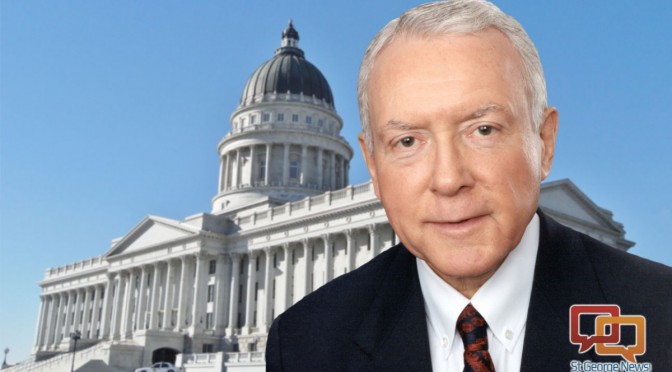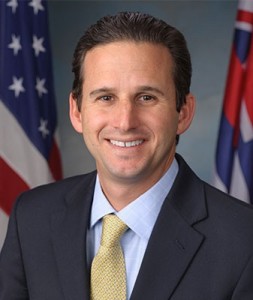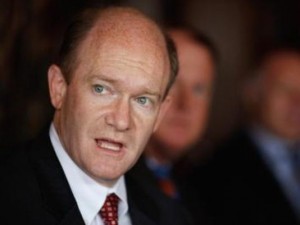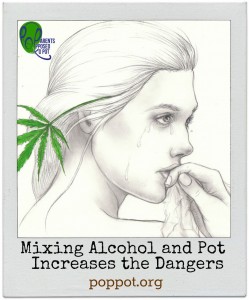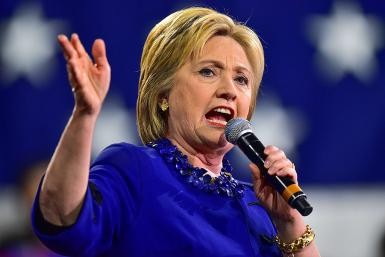Is the Marijuana Lobby Trying to Buy Your Legislature and Your Votes?
If marijuana has a medical application that can be proven, Merck and Pfizer will probably see the benefit of getting into the 4.2 billion dollar business. Marijuana companies, like pharmaceutical companies, contribute heavily to politicians and lobbying efforts. Unlike the pharmaceutical industry, they don’t go through a rigorous testing and approval process. The marijuana industry uses pesticides, even banned pesticides, but it promotes itself as organic and natural.
Medical marijuana “caregivers” have no accountability and liability, and their lobbyists know it. We think it is wrong when the marijuana industry lobbyists give parents with very sick children false hope.
Marijuana lobbyists should not be seen as having pure and “compassionate” motives, as they pretend.* The public has a right to know that CBD for epilepsy does not always work.
The Press should investigate how much the marijuana lobby spends to advertise and go on TV on behalf of passing “medical” marijuana laws.
Treating Cancer with Marijuana Oils?
A few of the children treated with an artisanal CBD (cannabidiol, the derivative of marijuana used for epilepsy) have died, and some of the children treated with cannabis oil for cancer also died.
In Montana a few years ago, Cashy Hyde’s father was featured on TV, saying his son had been cured of cancer using cannabis oil. Sadly, the boy eventually died, sometime after the startling announcement that he had been cured. The constant nurture and love from his parents probably helped to extend his life.
A man in Iowa who advocated for marijuana also died of cancer. In Australia, a little girl whose father had been treating her neuroblastoma with cannabis oil died in May. Receiving constant love, attention and kind wishes from others sent good vibes into the world, but no medical professional thought it had an effect on the cancer.
It is understandable why some parents with little hope for their child would prefer such oils over harsh chemotherapy.
We do not criticize the parents for trying alternative treatments. However, advocacy for these parents should not be used to further the agenda of legalization.
When reading about the remarkable claims advocates of medical marijuana propose, please remember the placebo effect. We don’t know why placebos cure some people and not others. It could be the power of belief, or the result of a person’s own immune system having the ability to fight the disease.
Parents Opposed to Pot objects to the tactics of marijuana lobbyists because:
- They give partial truths, attempt to sway public opinion while hiding essential facts.
- They engage in unfair defamation of character and advertising. Two years ago Rep. Debbie Wasserman Schultz and Rep. Andy Harris were targeted with cruel and slanderous attacks because of their votes regarding medical marijuana. Rep. Wasserman Schultz recently voted to allow veterans to be allowed marijuana — although it makes PTSD worse.
- They outpsend the opposition to marijuana legalization and target youth with their advocacy, while pretending to be grass roots. Smart Approaches to Marijuana was founded after the vote to legalize in Washington and Colorado.
- They intentionally use the term “medical marijuana” when they mean cannabidiol (CBD), which lacks the psychoactive qualities of regular marijuana. The confusion justifies teens who “dab” with highly potent Butane Hash Oil BHO) because they believe it’s harmless and even medicinal.
(Read Part 1)
*The 1996 ballot in legalizing marijuana in California was called the Compassionate Use Act and people were led to believe it was only for terminally ill people with cancer and AIDS. In reality, only 3-5% of the marijuana has been used for these conditions.


